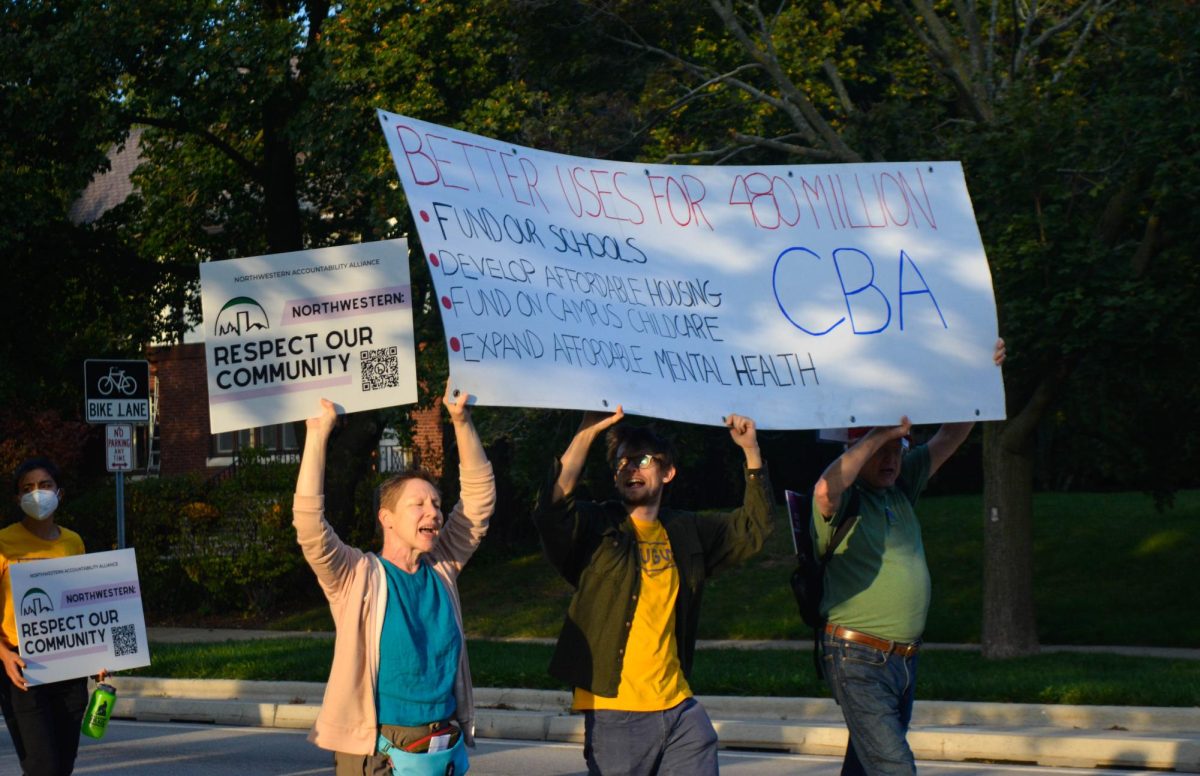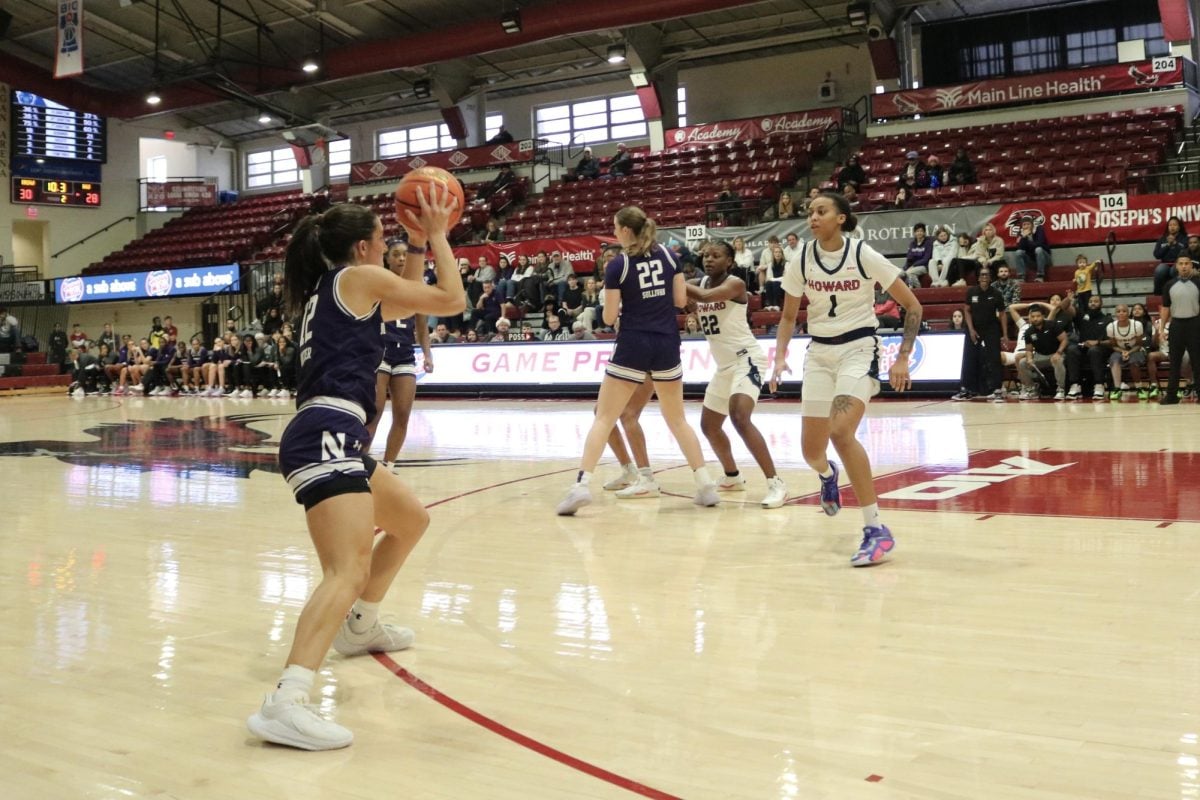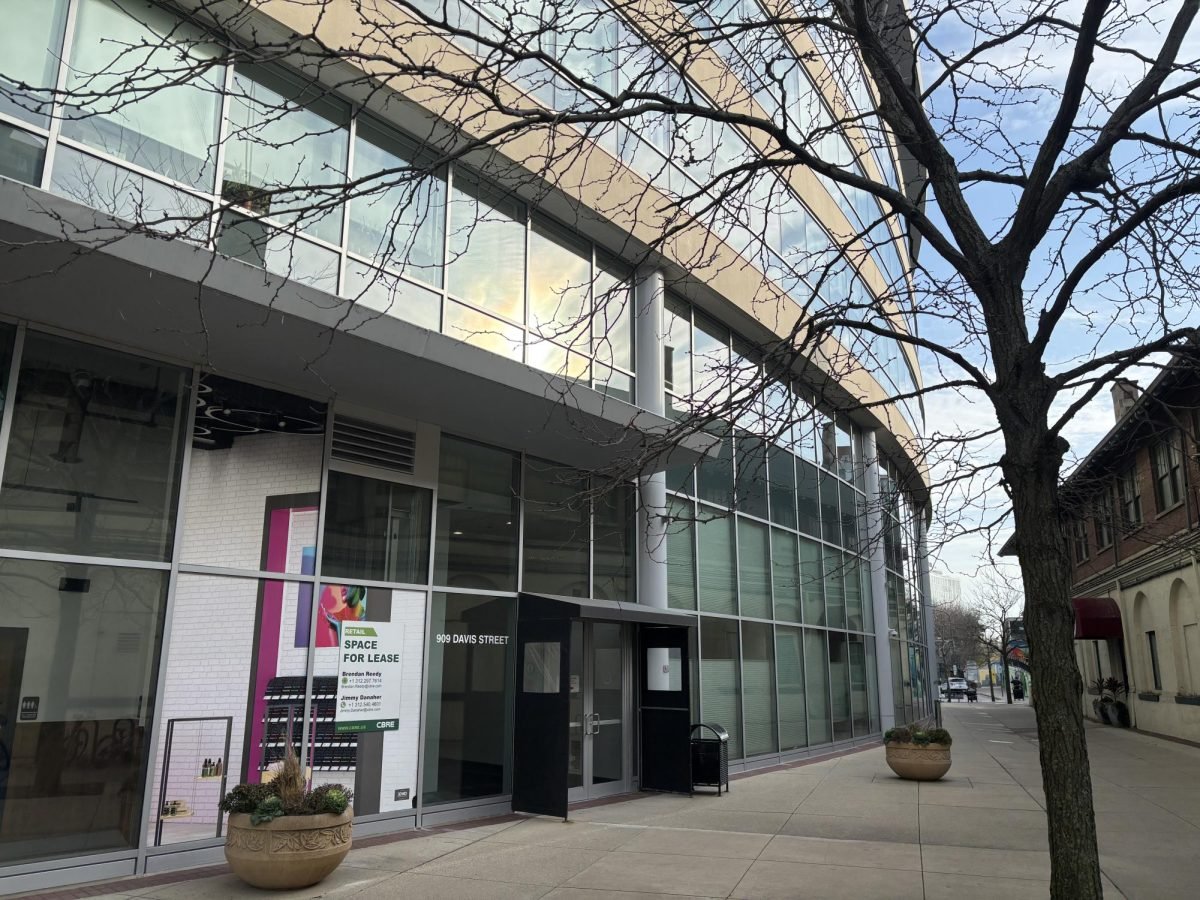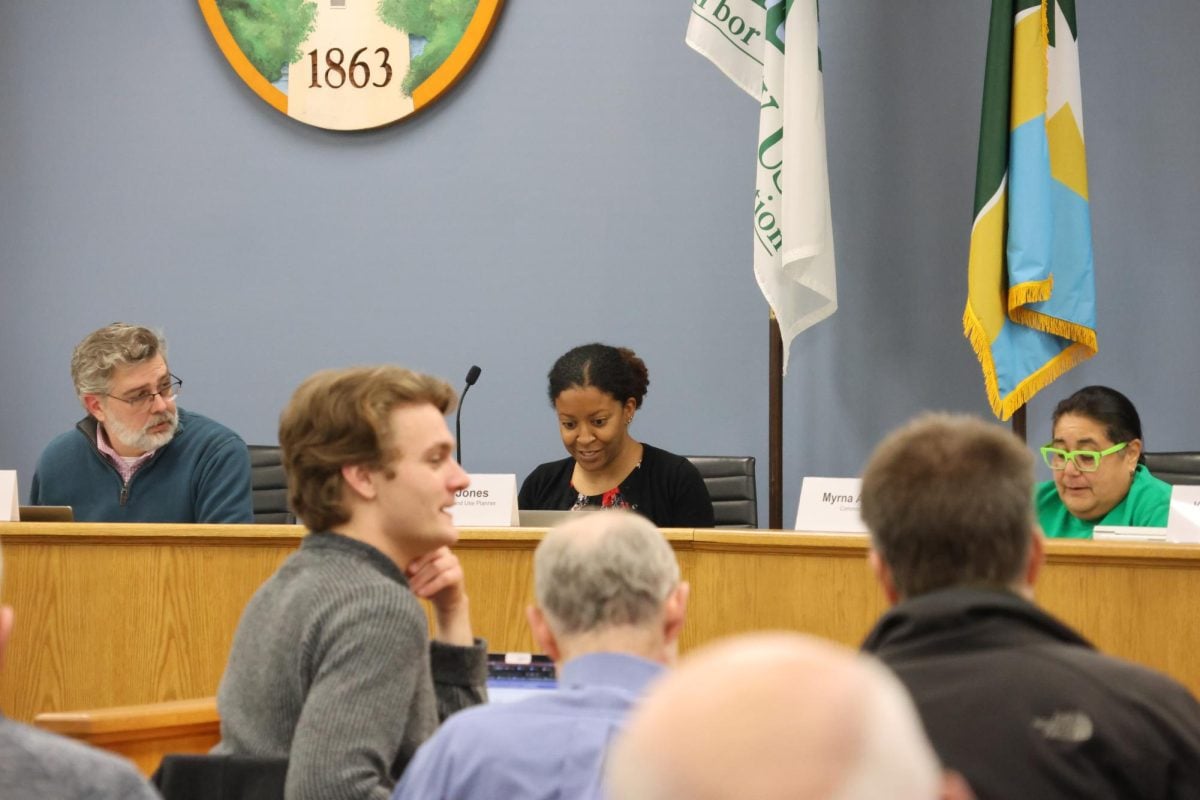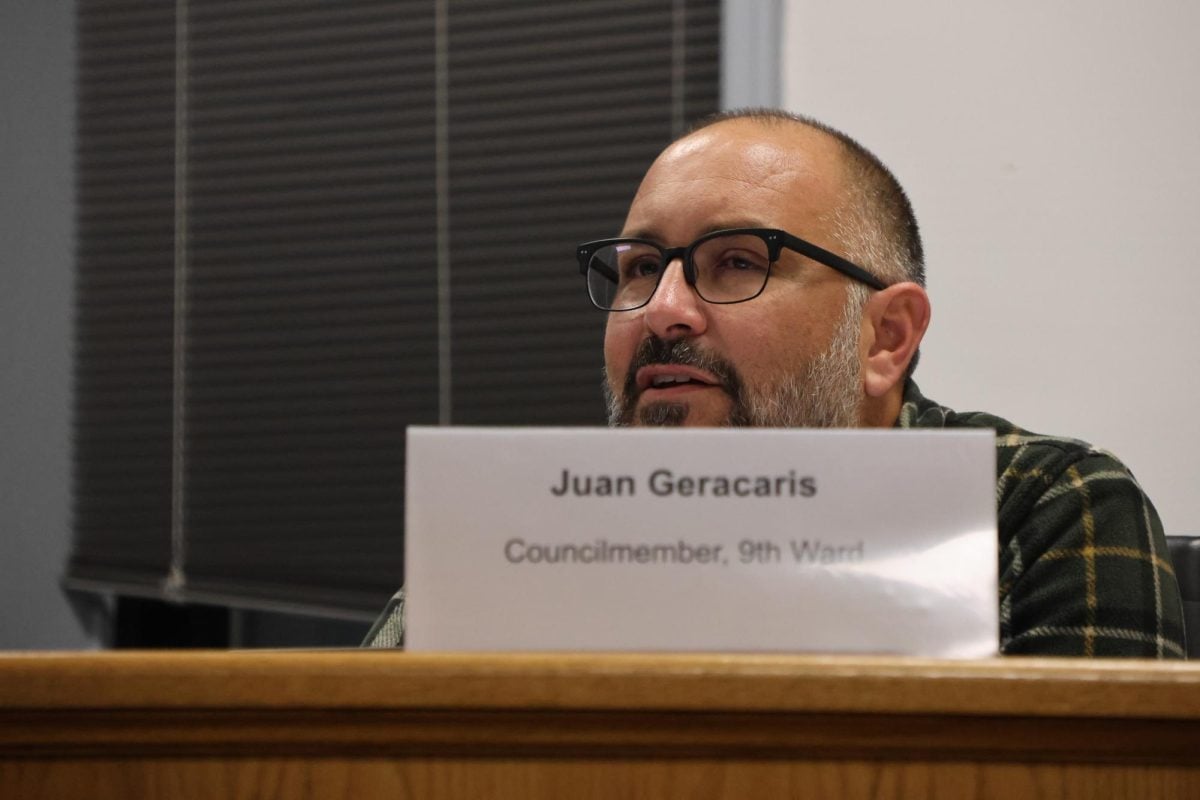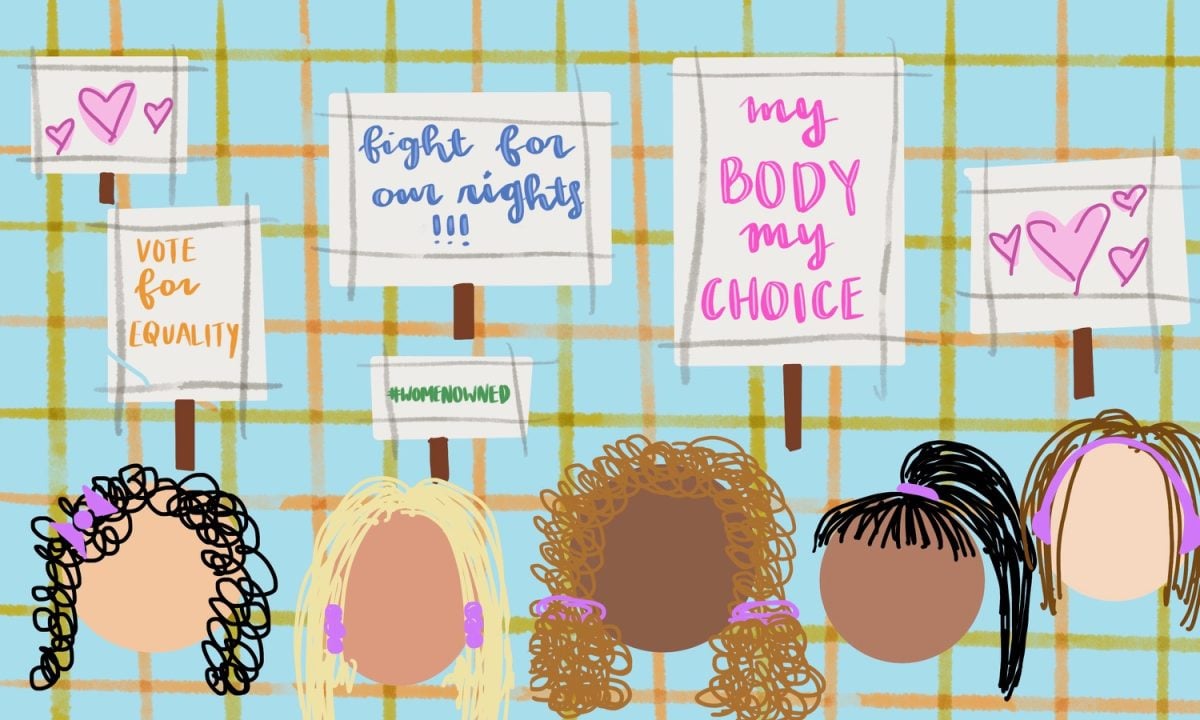Through several debates over Northwestern’s contentious proposal to rebuild Ryan Field, local activist groups, including the Northwestern Accountability Alliance, have been calling for a community benefits agreement.
A CBA is a legally enforceable contract between a party that wants to develop something ― in this case, the University ― and community groups representing individuals impacted by that development, according to Jackson Paller, a lawyer and member of Reclaim Evanston. He said a CBA is a method to hold NU accountable for the promises it has made to Evanston community members.
“Northwestern has made a point of claiming that they’re interested in getting community support,” Paller said. “It costs them nothing to come to the table and talk with the Northwestern Accountability Alliance about the CBA. And they haven’t shown any willingness, as far as I’ve seen, to do that.”
NAA is composed of several community and campus groups including the Community Alliance for Better Government, the Most Livable City Association, Reclaim Evanston, Northwestern University Graduate Workers, Fossil Free Northwestern and Students Organizing for Labor Rights.
Lesley Williams, president of the Community Alliance for Better Government, said NAA is not opposing the stadium project itself, but rather the commercial rezoning of the area surrounding Ryan Field allowing NU to host six for-profit concerts each year.
In its statement of principles, NAA outlined possible additions to a CBA such as expanded mental health services for University stakeholders, contributions to Evanston’s reparations program, free childcare facilities at the stadium and a commitment to investing in affordable housing.
“The CBA would have to be negotiated by community representatives with Northwestern,” Williams said. “(NAA’s) priority is really to get a good community benefits agreement that is going to do the most for all the residents of Evanston.”
In May, the city released an updated zoning request for the project, which included a letter of intent for a memorandum of understanding ― an agreement between two parties that is not necessarily legally binding ― that addresses neighbors’ concerns about the rebuild.
Additionally, the University announced a partnership with nonprofit organization Rebuilding Exchange earlier this month, which NU says will ensure 35% of all construction jobs in the rebuilding project will go to “minority- and women-owned businesses.”
Williams said without a CBA, promises like these are not codified. Under a memorandum of understanding, NU wouldn’t be legally required to follow through on such terms. She said other organizations that have negotiated CBAs with developers adopted a first-source hiring provision, which would mandate the developers to hire locals for a set amount of time.
“There’s an accountability measure built into that,” she said. “You can check back in a couple of years and say ‘How many people did you actually hire from the local community?’”
Paller said a CBA would allow community organizations to enforce the University’s promises through legal means, if necessary.
David DeCarlo, president of the Most Livable City Association, said he feels NU is asking the city Land Use Commission to approve this project without any accountability measures put into place.
“There need to be outside parties and community stakeholders who will be able to independently verify whether these promises are being kept,” DeCarlo said. “It shouldn’t just be between the city and Northwestern.”
Email: [email protected]
Twitter: @selenakuznikov
Related Stories:
— Second Ryan Field hearing draws crowds as NU’s push for city approval continues
— Northwestern Ryan Field rebuild hearing draws crowd of Evanston residents
